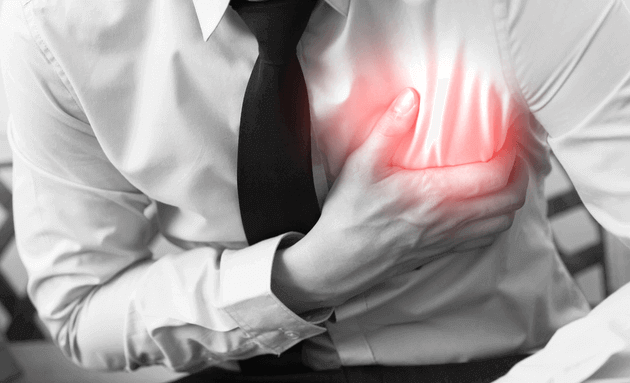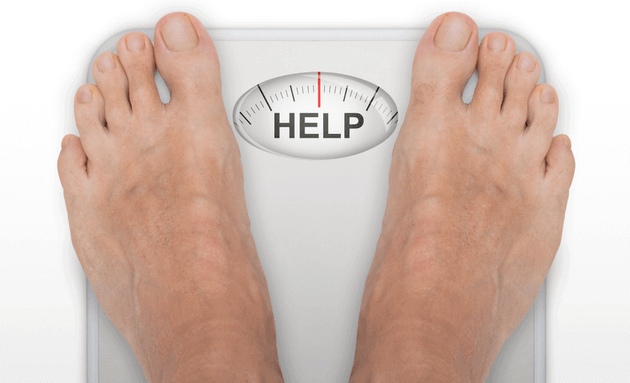7 Questions Men Should Ask Their Doctors After Turning 35

Hectic work schedules, erratic sleep patterns, family pressures, and improper diet - the modern Indian man has a lot going on in his life.
Men need to take special care of their bodies after turning 35. It is imperative they do routine checkups, at least twice a year, to ensure their mind and body are aligned and healthy at all times.
How to Stay Fit After 35
But what are the things, as a man of 35, should one think about? Here are some important questions you need to ask at your next routine checkup:
-
I Can’t Sleep Well at Night. Is it Because of Stress?

Stress can negatively affect your body in more ways than one. Do you tend to regularly lose sleep over work? This could be one of the first signs of stress. Lack of sleep creates more stress, and unfortunately, it turns out to be a vicious cycle. Higher stress levels can be a major risk factor for heart diseases, especially at this age.
If you lead an irregular and hectic lifestyle, it’s advised to keep a check on your routine and make some simple lifestyle changes to proactively lower your stress levels. Consult your doctor and he will suggest necessary changes based on your medical history and current diet.
In the meanwhile, don’t forget to make some common changes to your lifestyle, such as quitting smoking and alcohol, eating healthy and on time, and adding at least 30 minutes of exercise to your daily routine.
-
I Have a Low Sex Drive. Is it Because of My Age?
Both men and women undergo hormonal and physical changes, and that is completely normal. However, if you are experiencing lower sex drives on a regular basis, it’s best to get a screening of your testosterone levels done.
If your results are normal, your doctor might suggest some basic lifestyle and dietary changes. But if it is erectile dysfunction, you will be advised a specific course of treatment by your doctor.
-
My Family Has a History of Heart Attacks. Does it Put Me at Risk Too?

Family history is a major contributing factor to the state of your heart. So does hypertension, stress, smoking, excessive caffeine intake, and lack of exercise. High cholesterol levels, a sudden increase in weight with visible flab around your waist are the first telltale signs of a probable heart ailment.
Improve your diet, add whole grains, fresh vegetables and fruits, avoid eating junk food, and exercise regularly for a healthier heart. If you’re experiencing discomfort, having trouble breathing, it is best to consult your doctor for next steps and avoid the risk of a heart attack.
-
I Have Been Feeling Low and Tired. What Could it Be?
One in ten men in India suffers from depressive episodes at least once in their lifetime. And there is no shame in acceptance. Discuss and find out the actual reasons behind feeling low and experiencing lesser energy levels than usual. If you’re going through a phase of depression, it can lead to other physical illnesses such as high blood pressure, heart diseases, or even a stroke.
Medication, exercise, therapy, and meditation are some of the ways you can tackle depression. Mental health is as important as your physical health, and the best way to know is to talk to your family and consult your doctor about it.
-
I Am Not Really Overweight. What is The Right Weight I Should Maintain?

Maintaining the right weight can be tricky, especially with the kind of lifestyle we lead nowadays. Depending on your parameters, like height and weight, your doctor can determine whether or not you need to lose, gain, or maintain your weight. Here’s a quick guide to the ideal weight at the age of 35.
-
How Do I Start Taking Better Care of My Health?
It’s a great start that you’re aware of the need to take care of your body at this age. Some simple steps you could begin with are:-
Adding more fruits and vegetables to your diet
-
Avoiding caffeine, tobacco, and alcohol
-
Regularising your sleeping hours
-
Adding a basic exercise routine to your daily schedules, such as running, yoga, meditation and the likes
-
Avoiding junk, and fatty food, and eating on time
If you want to take it further, consult your doctor and figure out what specific changes in dietary habits, or lifestyle you need to make, based on your medical history. He will run a few tests, and give you general feedback on your health status, ahead of which he will suggest necessary measures.
-
-
At What Age Should I Check for Prostate Cancer?
Prostate Cancer is a very slow growing cancer, and men with a family history of the same should be wary about the signs and symptoms. Your doctor will suggest a few screenings and tests, post which you can determine whether have developed cancer or not.
Any discomfort, pain, irregularity, or not, ask your doctor whatever comes to your mind. An honest and transparent conversation with your doctor can go a long way in identifying and curbing the early onset of a host of dangerous diseases, or simply help you stay healthy and happy.
It’s necessary to maintain equilibrium between your body and your mind, and the best way to do it is to first be aware. Be aware of what your body is going through, and listen to it when it reacts. You can always reach out to your doctor for any kind of assistance, no matter how big or small the issue is, and even if there isn’t any.





